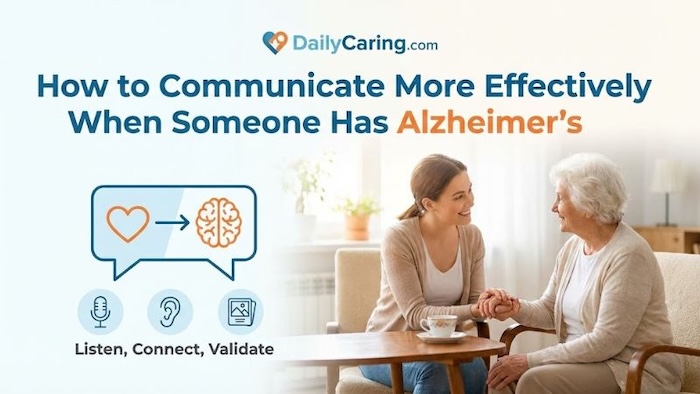When words fail, your silent language speaks volumes. For a loved one with dementia, who may struggle to process spoken sentences, your posture, your expression, and the energy you carry become the primary conversation. A furrowed brow or rushed gesture can broadcast stress, escalating their confusion, while calm, open body language can be a lifeline to connection. Mastering this non-verbal dialogue isn’t…



















